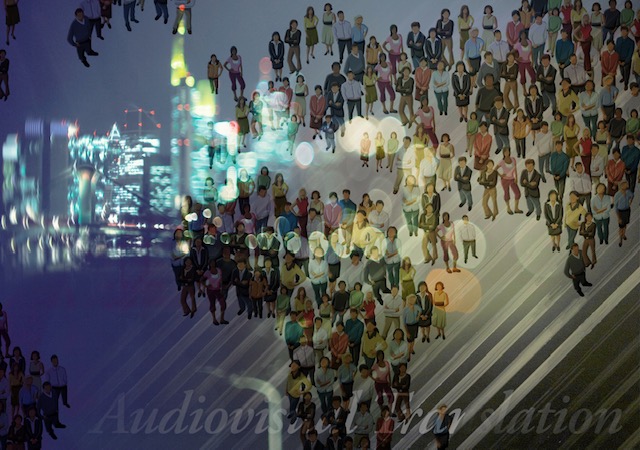Quality in Translation: Planning and Assessing Museum Texts
DOI:
https://doi.org/10.13133/2239-1983/18223Abstract
The article discusses aspects of translation quality (TQ) in museum communication to discuss professional and theoretical approaches to quality. TQ has been investigated from various perspectives by Chengzhi (2010), Leiva Rojo (2018), Gillot (2014) and, more recently, Manfredi (2021), among others, but it remains an issue for professionals in the field of museum communication. ISO standards, for example, focus on establishing and maintaining the process, review and approval of translations to facilitate communication at all levels. However, quality is not a mere organisational problem but a matter of language that impacts the text (terminology, cohesion) and museum discourse. Moreover, the use of multimodal materials with both a promotional function and an educational scope adds more complexity, profoundly affecting the cultural relevance of museum communication.
For this reason, more insight is needed to assess the impact of what museums produce and put online. I argue that TQ should be integral to exhibitions and multimodal materials planning. TQ can develop the communicative force of museums. Accessibility and the need to engage the public more extensively can also draw from standards in quality management. By connecting translation studies and museum studies, I will discuss models of translation quality based on interlingual, intertextual and intermedial comparisons to identify best practices.
Downloads
Published
How to Cite
Issue
Section
License
Gli autori che pubblicano su questa rivista accettano le seguenti condizioni:- Gli autori mantengono i diritti sulla loro opera e cedono alla rivista il diritto di prima pubblicazione dell'opera, contemporaneamente licenziata sotto una Licenza Creative Commons - Attribuzione che permette ad altri di condividere l'opera indicando la paternità intellettuale e la prima pubblicazione su questa rivista.
- Gli autori possono aderire ad altri accordi di licenza non esclusiva per la distribuzione della versione dell'opera pubblicata (es. depositarla in un archivio istituzionale o pubblicarla in una monografia), a patto di indicare che la prima pubblicazione è avvenuta su questa rivista.
- Gli autori possono diffondere la loro opera online (es. in repository istituzionali o nel loro sito web) prima e durante il processo di submission, poiché può portare a scambi produttivi e aumentare le citazioni dell'opera pubblicata (Vedi The Effect of Open Access).


